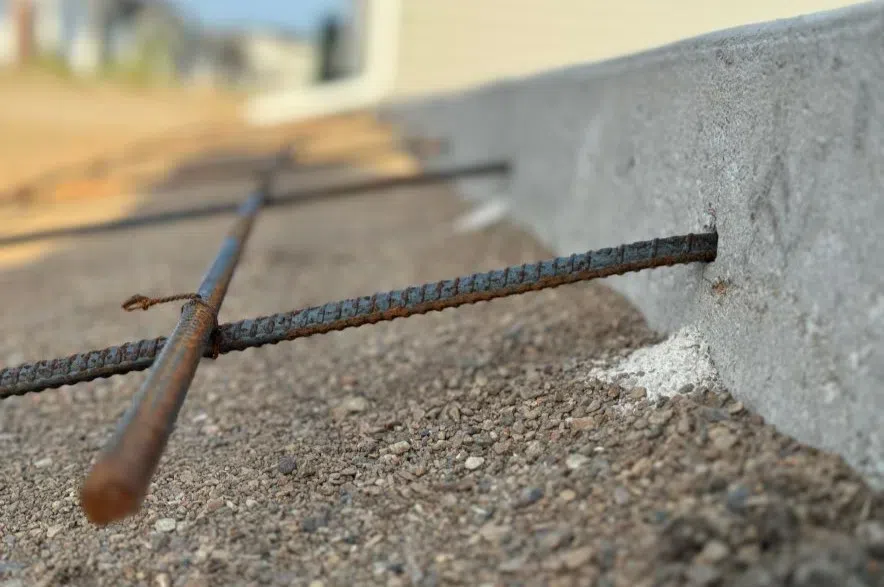According to Robert Davis, Conexus vice president of treasury, the housing market is coming off a period of high rates coupled with an inflationary environment.
“Affordability in Saskatchewan and nationally is a very real challenge,” he told the Evan Bray Show on Wednesday.
Compared to national numbers, housing prices in Saskatchewan have remained “relatively stable” over the last few years compared to provinces like British Columbia or Ontario — but still, housing prices are up approximately five per cent year after year in the province.
“You have to look even deeper into the details,” he told Bray. Adding house prices in Regina are “more or less flat” compared to markets like Saskatoon and Moose Jaw where house prices are up nearly seven per cent yearly.
Davis said supply and demand are the driving forces behind these numbers, citing a recent study by the Canada Mortgage and Housing Corporation (CMHC).
“Saskatchewan needs (CMHC) estimates 60,000 new housing units by 2030 to keep housing affordable,” Davis said.
Read More:
- Saskatoon city council votes in favour of new housing bylaw changes
- RHA: 6 family housing units will ‘help put a dent’ in wait lists
- CEO of Sask. realtors association applauds feds’ funding for housing
Davis thinks getting new buyers into homes is important, but he also notes young people, low-income earners and newcomers are some of the most vulnerable when it comes to the housing market.
A month ago, the federal government announced that it would allow 30-year amortizations for insured mortgages for first-time home buyers.
“That’s really, really good news,” Davis said.
Davis also said the First Home Savings Account, a registered account for those saving to buy a home, is another great option. It has tax-free withdrawals for account holders when it’s time to purchase and reduces taxable income when contributions are made.
While these policies are relatively new, Davis said he believes they will be beneficial in time for first-time home buyers.
First Home Savings Account
As of April 2023, Canadians who have not owned a home for at least four years can make contributions of up to $8,000 annually to the First Home Savings Account, with a total cap of $40,000.
According to Living Sky Financial senior investment adviser Scott Bjornson, if the money isn’t used for a down payment on a first-time home purchase, it could be put into an RRSP if there’s room for it
Money socked away here is tax-deductible, and the income earned inside the registered plan will not be taxed either, including when it’s withdrawn to put toward a house or condo.











